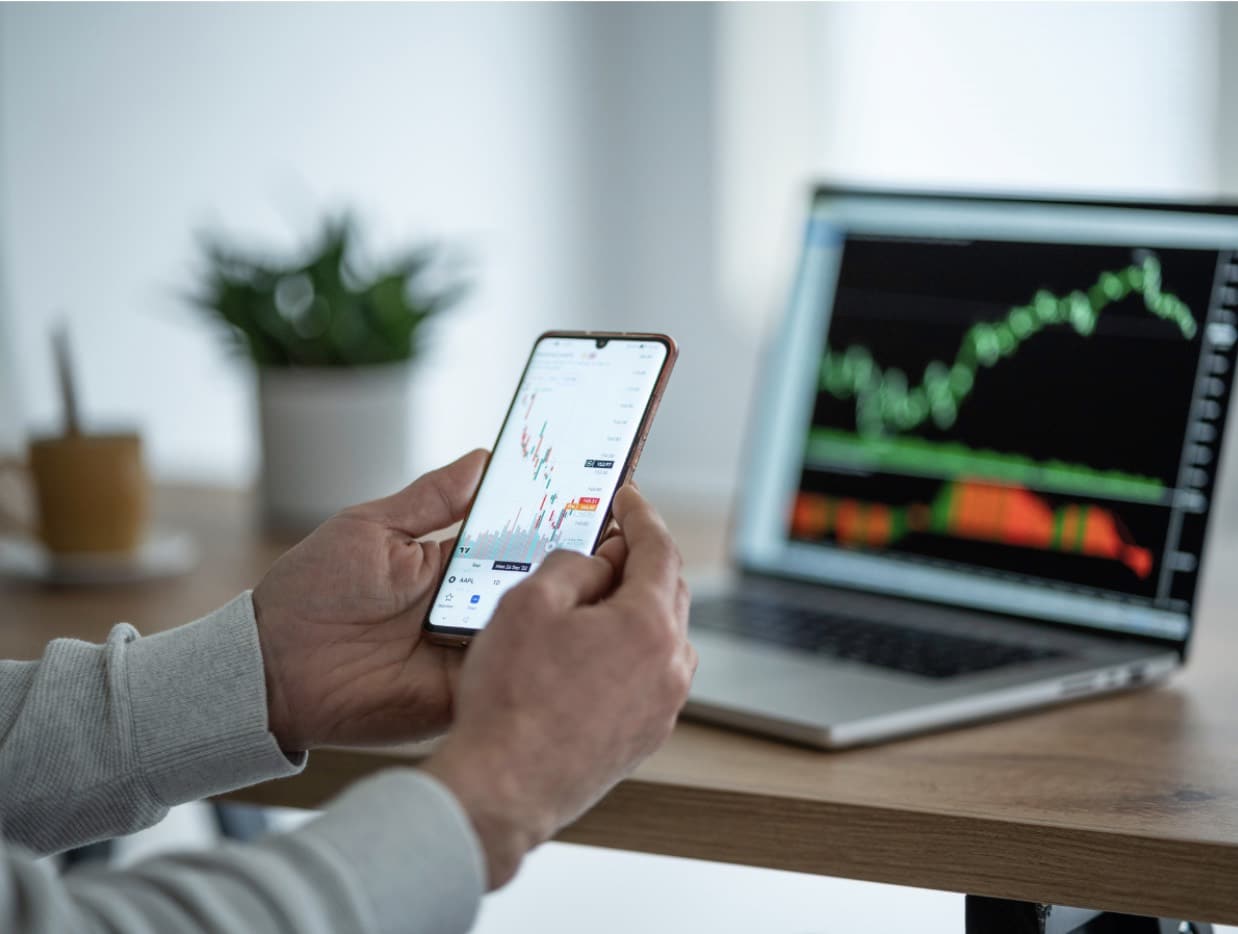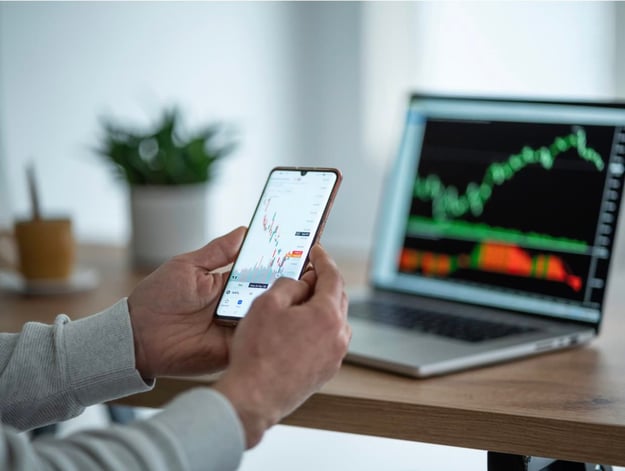The Rise of Online Trading: Opportunities and Risks in the Digital Era


Trading online has completely changed how people make investments in financial markets. Anyone with an internet connection can trade stocks, bonds, commodities, currencies, and other financial instruments on international markets with just a few clicks. This digital revolution has created many opportunities for investors, allowing them to access and participate in global markets easily.
However, to navigate this landscape successfully, traders must practice trading online before diving into real investments. This approach helps them understand market dynamics and build confidence. Although the digital revolution has created many opportunities, traders must also know the inherent risks. So, in this post, let’s explore the opportunities and risks associated with online trading.
Opportunities in Online Trading
1. Accessibility and Convenience
One of online trading’s biggest benefits is its accessibility. Online trading platforms have made trading easier than traditional methods, which frequently include complicated procedures and calls for a broker. Today, anyone can open an account, deposit money, and begin trading using a computer or smartphone. Due to its ease of use, financial markets are now more accessible to anyone, enabling more individuals to participate and maybe increase their wealth.
2. Lower Costs
Compared to traditional brokerage services, online trading platforms frequently have lower costs. Transaction expenses have been greatly decreased by eliminating middlemen and automating procedures. Lower commissions allow traders to retain more profits, which is an advantage. Furthermore, many platforms provide free training materials, making it simpler for newbies to learn and hone their trading skills without paying additional fees.
3. Variety of Investment Options
Numerous investment alternatives are available while trading online. Options, futures, mutual funds, stocks, bonds, ETFs, and even cryptocurrencies are available to traders. Investors can control risk better and diversify their holdings because of this variety. Additionally, many platforms give traders access to global marketplaces, allowing them to invest in businesses and assets worldwide.
4. Real-Time Information and Tools
Online trading platforms provide real-time data, charts, and analytical tools to assist traders in making well-informed decisions. These resources include customisable economic calendars, market news, and technical indicators that may be adjusted to fit specific trading approaches. In a fast-paced trading environment, the real-time availability of such information makes responding swiftly to market movements possible.
Risks Associated with Online Trading
1. Market Volatility
Although market fluctuations might present lucrative prospects, they also carry substantial hazards. Prices can fluctuate quickly—sometimes in seconds—and if deals are not correctly completed, they could result in losses. Online traders must develop techniques to control the risks brought on by volatility and be ready for the market’s ups and downs.
2. Technical Issues
Technology plays a major role in online trading so technical problems can occur anytime. These challenges, which impede traders from completing their deals, could include connectivity issues, software bugs, or server outages. Such hiccups may result in lost opportunities or even monetary damages. Traders must guarantee dependable internet connections and possess knowledge of the technical assistance features offered by their trading platforms.
3. Regulatory and Security Concerns
Although regulatory control is applied to online trading platforms, there are differences in their openness and security. Traders must be cautious when choosing their platforms and ensure the businesses they work with are legitimate and regulated. Furthermore, one major worry is the protection of financial and personal information. To safeguard their accounts from online attacks, traders should select platforms with strong security features like encryption and two-factor authentication.
Conclusion
The financial landscape has changed due to the rise of online trading, which presents previously unheard-of options for private investors. For many, the real-time tools, diversity of possibilities, affordability, and ease of use make it an appealing choice. However, these potential risks include unstable markets, technological problems, inexperience, emotional trading, and security worries. It is imperative to approach internet trading cautiously, educate oneself constantly, and establish a disciplined trading plan to win. Traders can successfully navigate the digital trading environment and possibly attain long-term financial success by comprehending and mitigating these dangers.









